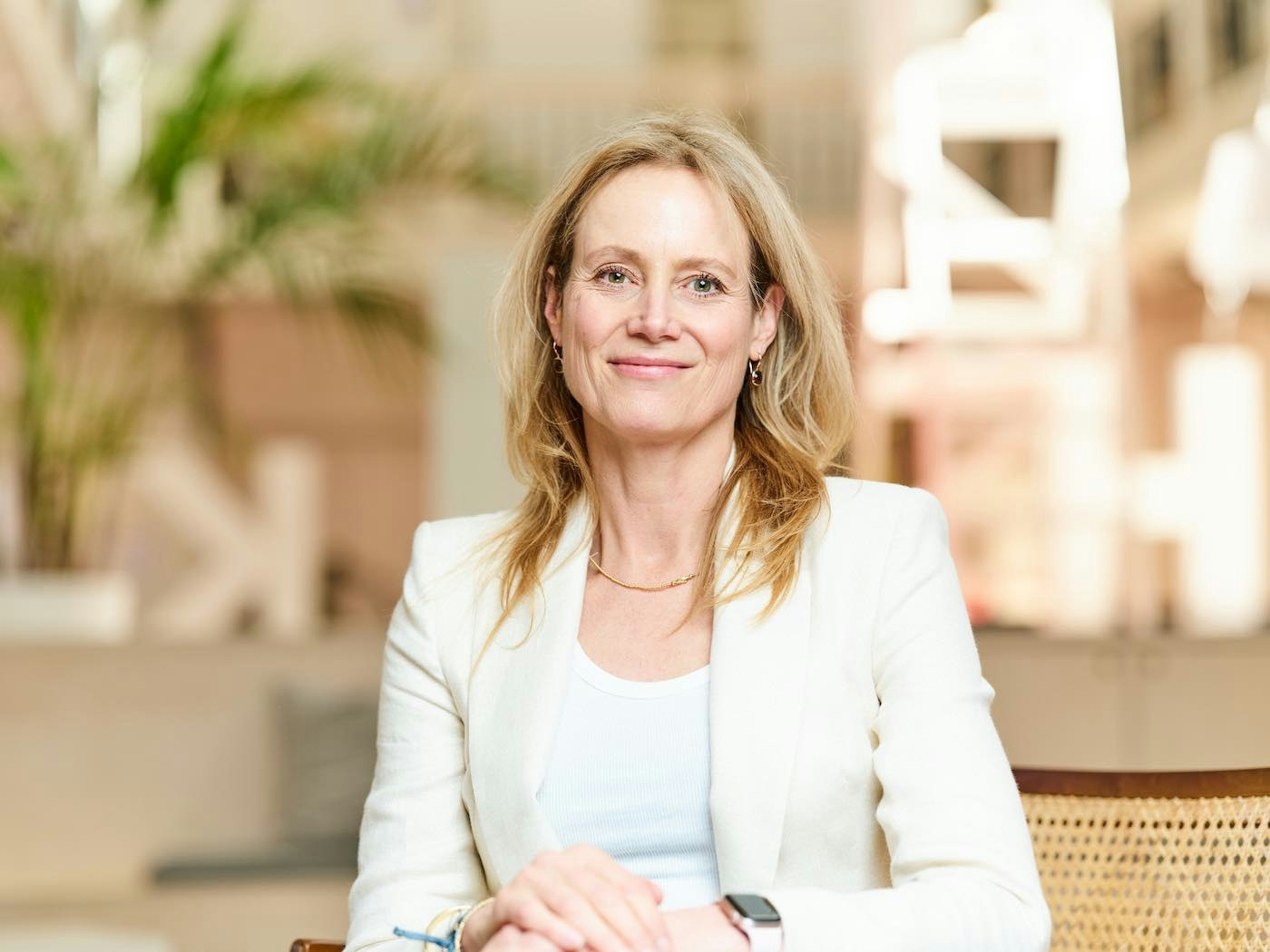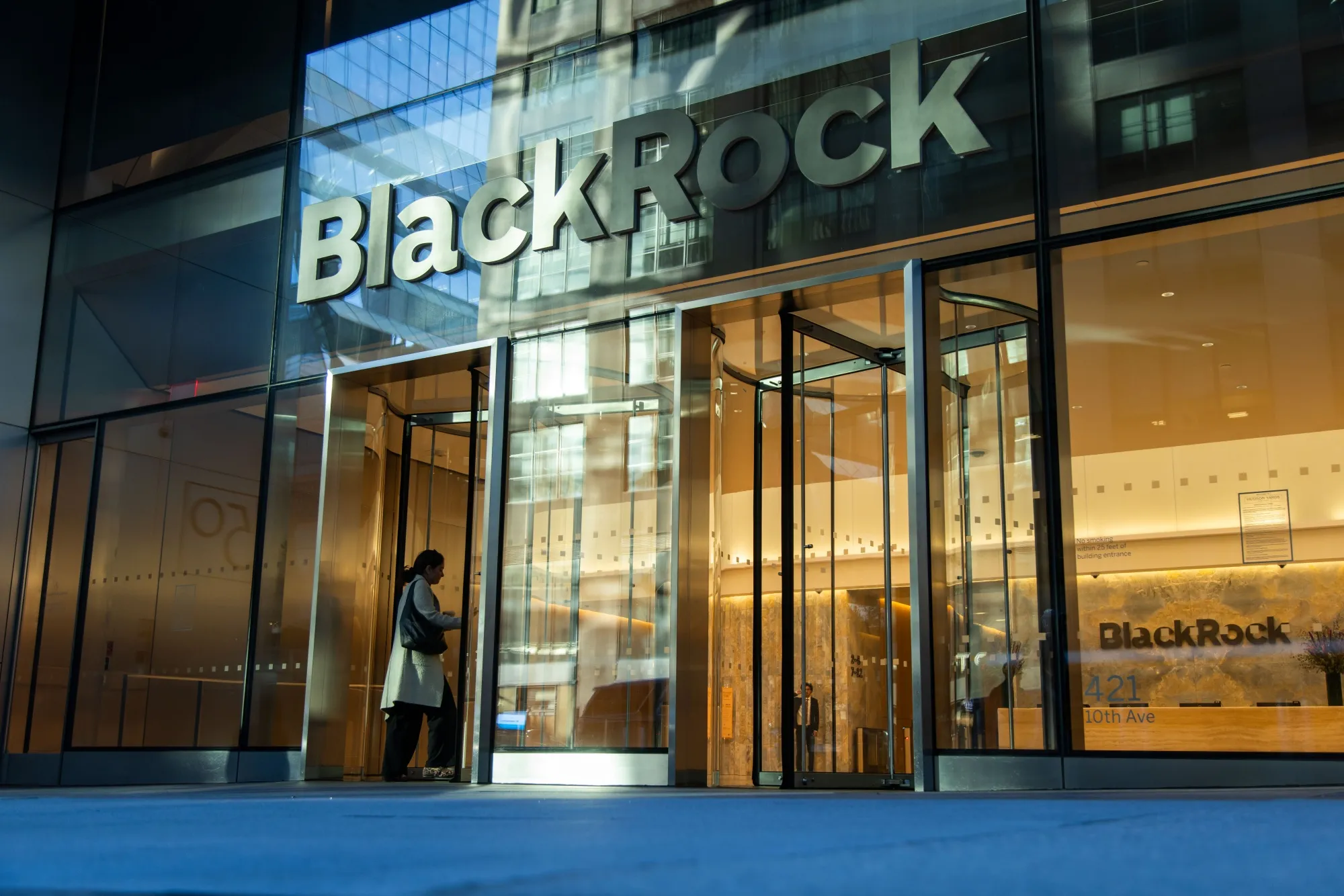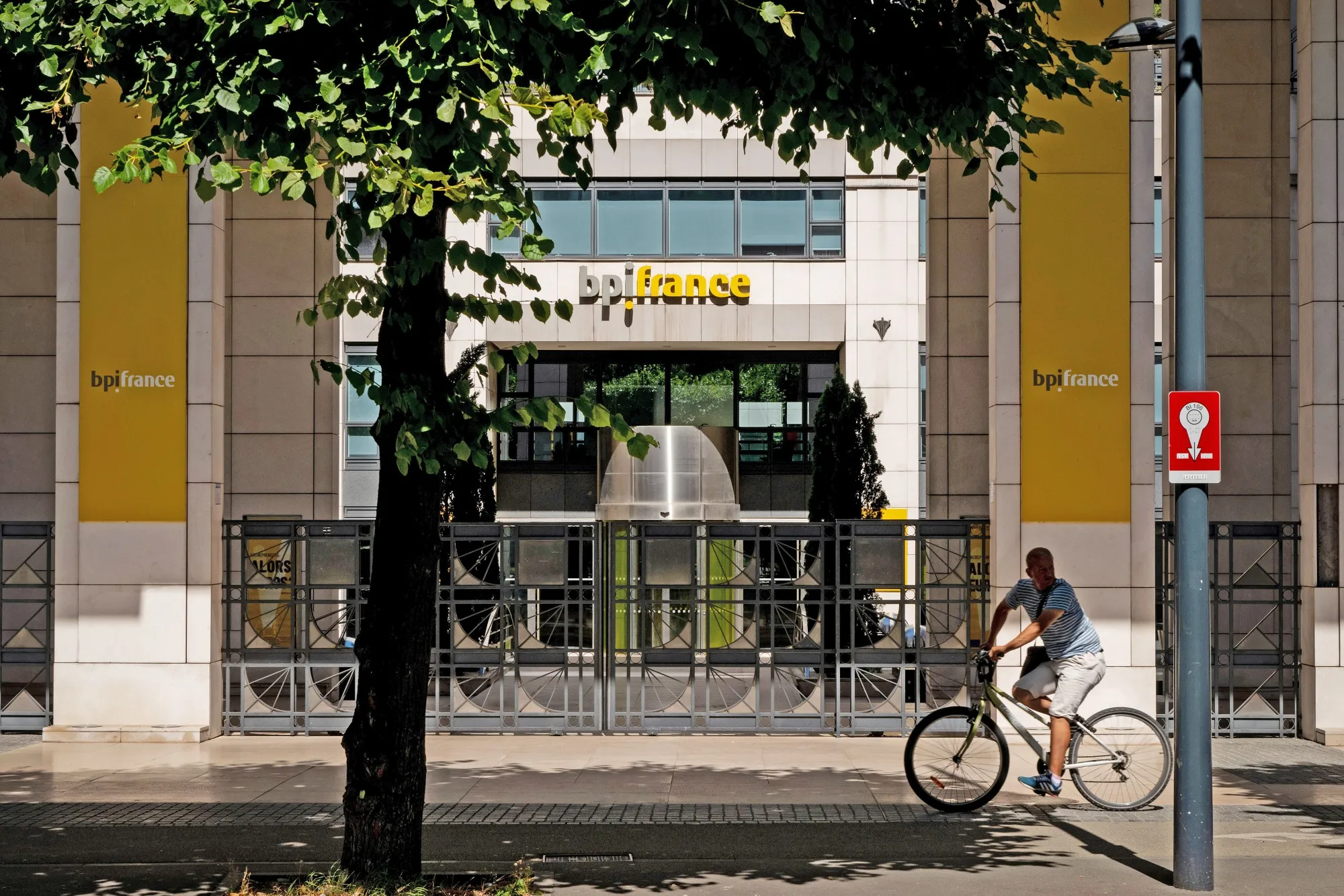Funds of funds (FoF) have become important backers of venture capital investors across Europe.
A fund of funds is a fund that invests in other funds — in this case, VC funds.
There are now at least 100+ of them backing more than 700 venture funds each year in the region, according to a survey of FoF from Mountside Ventures. The 103 funds that responded represent more than £35bn in assets under management (AUM).
“Without them, there wouldn’t be the European VC scene,” says Jonathan Hollis, managing partner at Mountside Ventures. “Not only are they the largest LP [in terms of number of VCs backed], they are the most sophisticated LP,” he says — because they have to fundraise themselves.
So how exactly are these funds organised and how do they want to screen managers?
What does a fund of funds look like?
FoFs are surprisingly diverse — some are state-backed (like Finland’s Tesi or the European Investment Fund), others are generalist (like Equation or TopTier) and some are VC funds investing in other VC funds (like Hypernova). 55% of the funds surveyed had restrictions on the kinds of VCs they can invest in — whether that was geography, fund vintage or sector.
These investors back just 744 VCs each year after screening 14,102 decks.
FoFs’ top criteria when selecting a fund is track record; however, many do back emerging managers. 85% of the surveyed FoFs had invested in emerging managers and 44% had been a lead investor for an emerging manager. Emerging manager most commonly refers to managers who are raising funds one to three, per the survey.
One-quarter of FoFs had a requirement about diversity investing, as viewed as the percentage of female or ethnic minority-led businesses as a percentage of the VC portfolio.
What do funds of funds want to see from VC managers?
FoFs have their fair share of gripes about VCs who pitch them. The top three are:
- Differentiation
- Relationship building
- Honesty
The majority of survey respondents — 64% — said they wanted to engage with VC funds as early as possible, at least one to two years before committing. The majority of FoFs had more than four meetings with managers before deciding to write a cheque.
Mountside’s Hollis says managers looking to get to know an FoF early should be careful, as if they share too much information at a first meeting and then performance is not so good at a future one, “you shoot yourself in the foot”.
“My advice is always, yes, build a relationship early, but don’t necessarily tell them you’re fundraising or don’t necessarily give them a timescale.”
After the investment itself, FoFs say the most important thing they want from VCs is regular communication and reports — even trumping access to co-investment opportunities. The report says that the majority of FoFs were happy with quarterly updates, “but an increasing proportion are now looking for more regular contact, such as monthly, and many now even weekly.”
The desire for regular reporting is likely being driven by “the state of the market, in other words making sure that their valuation data is up to date, they’re there for their GPs who might be struggling, and vice versa”, says Hollis.



